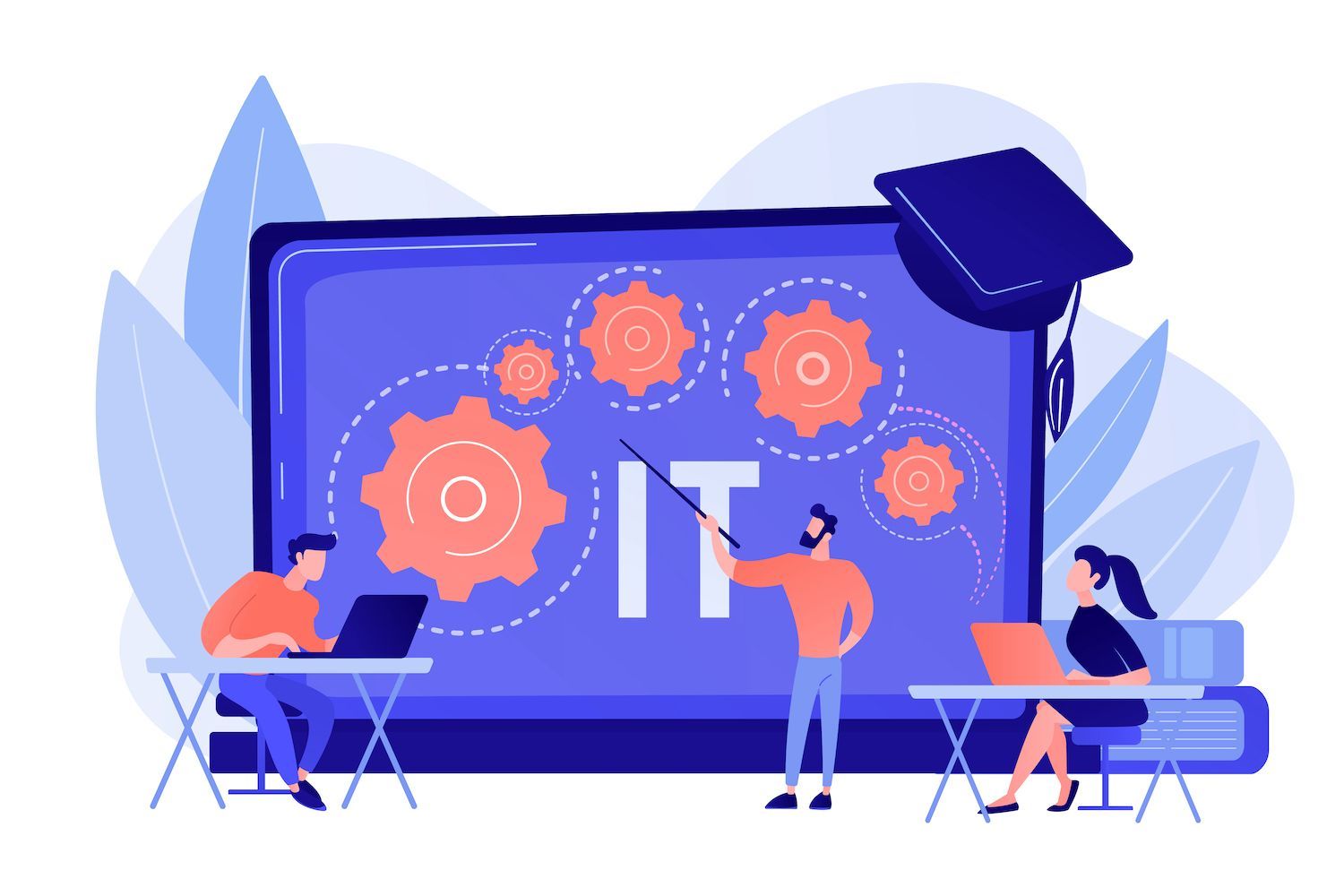Two brothers transformed their struggled family business into one of the world's most recognized firm
When they were children, Kuni and Tomo Hijikata believed that their business was worthy of fighting for. It was founded in Nagoya, Japan back in 1936, in 1936, the Hijikata family's foundry for casting iron was known for its extreme precision. When it was first established in the year, the future of the company was in doubt. As the inheritors of the company's long history, Kuni and Tomo knew that they were responsible to keep their cast iron craft in the present.
The two brothers had stable jobs with Toyota in Japan along with Toyota Tsusho, but they realized the potential of designing cast iron cookware designed to be handed down to generations. The brothers each left their full-time jobs and dedicated their time to saving the family company. They had been trained in the basement of the foundry as craftsmen before launching the company in 2010. Vermicular was developed. The first time their cast iron pots were introduced to the marketplace, the demand was so high that they needed to make an additional 15 months of backorders, fuelled largely through enthusiastic word-of-mouth.
10 years and more than a decade later, Vermicular is now a decade years old. Vermicular team is setting their targets for expansion around the world. They are and currently selling their products to markets including that of the U.S., China, as well as further. To better communicate the worth of their cookware in emerging markets around the world, Vermicular has invested heavily in videos to raise the awareness of their brand. "Without the videos, we'd have a difficult time growing our business," says Mark Hayashi who is the Chief of Vermicular's the U.S. Office. We spoke with Kuni, Tomo, and Mark to learn more about the company's plan to grow globally with video. Watch their video below and read the complete interview below.

"We frequently believe that our videos should be an extension of our products and the brand. Video is always more efficient than the written word. And that is particularly true when it comes to cooking." Mark Hayashi, Vermicular's Head of U.S. Office
What made you arrive at this idea?
Tomo: "I thought that we could utilize the casting iron expertise of our company to produce enameled cast iron vessels that contain lids with perfect fit. However, there was no precedent in this type of process in Japan. It was evident that we'd need to invent the process on our own.
To learn everything we could, Kuni and I apprenticed in the foundry. Kuni was a casting crafter and I was an equipment master. It took us 3 years and over 10,000 times before coming to a solution which met our expectations."
What did you do to create your image of your company in Japan?
Mark: "Brand storytelling has always been the basis of our marketing and communication strategies. Telling stories of our unique tradition and commitment to high-quality was well-loved among our customers, and it helped us connect with our clients on a higher level of personal.
First, we had to create videos that reflected our mission statement. If we're creating a branding story video or how-to-product video, ensure that the content we create reflects who we are. The first thing we said was that we weren't focusing over sales too much for the immediate future and instead, we were focused on maximizing the satisfaction of our customers with regard to the longer term."
What's been the biggest hurdle in building Vermicular? Vermicular's name out of Japan?
Mark: "Our biggest challenge was the barriers to communication. Since the introduction of Vermicular in the year 2010, we've had a lot of challenges. Vermicular's brand name in 2010, we've developed a strong image within Japan but nothing could be transferred to outside of Japan. What we were able to do was start developing the Vermicular brand completely from scratch. This was a challenge and required a long time to prepare for the launch."
Where did you invest initially when trying to create the recognition that you have worldwide for your business?
The content you have created for your brand is clearly impressive. How did you achieve this level of quality?
Mark: "We partnered with the agency that created the commercial and had a lot of time deliberating on the design and style' lighting, casting and wardrobe, and food design. Also, we spent a lot of time working with each other in the development of video storyboards that became the primary guideline throughout this process. This included the day of shooting.
There are so many individuals involved on the set There is the chance of unanticipated setbacks which could result in delays at the start. Having a solid narrative which is supported by specific shoot plans can help set clear expectations and guide everyone who is involved in the shooting to go in the same direction. Storyboards not only become a precise map for the shoot, but also assisted us to prevent post-production issues. The process I think is particularly important for small businesses with a smaller budget."
What are you doing with your money to produce while you expand?
Mark: "Our hypothesis was creating a product video along with a set of instructional videos for our customers to be able to experience the full capabilities of induction cookware. According to our brand policy, we don't end when the customers purchase our cooking equipment.
Our goal is to ensure that customers are able to cook with our cookware in the longest time is. We've noticed clear results from these how-to-videos as they assist in educating the owners but also help shoppers gain a greater understanding of the usage of the cookware."
Has video assisted in the creation of an image to Vermicular worldwide?
Mark: "Definitely! There's lots. The way we think about our videos is as a reflection of our company's brand and product. Although we may not have the most money, but we're spending many hours trying to figure out the format and storyline of videos that will best tell the story of our brand. Visuals always work better than words and are especially suitable for cooking."
What's the rationale that we use HTML0 to upload and host your videos?
Mark: "We prefer for various reasons, with the foremost being the flexible capabilities to embed video. The clutter-free and ad-free experience ensures a smooth user experience across the website and protects our users from the "touch and feel' our brand name.
Also, it allows us to share documents between our teams in Japan as well as the U.S. and Japan, which makes it simple to obtain feedback, regardless of where we are located 5 miles apart."
What's in the near future regarding Vermicular?
Kuni: "More innovative products are being developed and we will be expanding our range of offerings across both the U.S. and across various Asian countries."
Mark: "We are currently creating our video strategy content that ranges from branded videos that feature various chefs and farms to product explaining videos, as as instructional videos that are going to be our most valuable assets over the next few years."
Article was first seen on here
